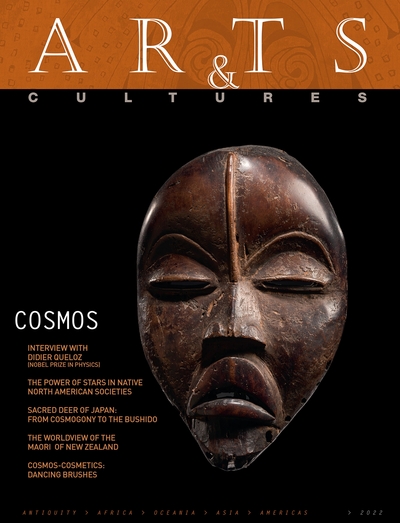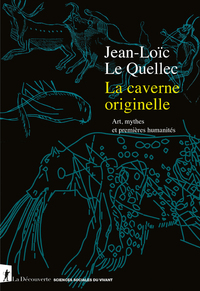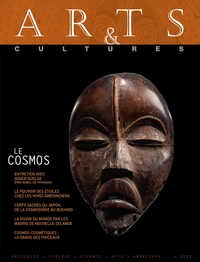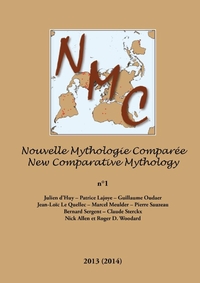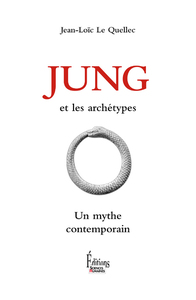Nous utilisons des cookies pour améliorer votre expérience. Pour nous conformer à la nouvelle directive sur la vie privée, nous devons demander votre consentement à l’utilisation de ces cookies. En savoir plus.
ARTS & CULTURES N° 23 ENG - 2022 COSMOS
In Fine - EAN : 9782382031018
Édition papier
EAN : 9782382031018
Paru le : 21 sept. 2022
30,00 €
28,44 €
Epuisé
Arrêt définitif de commercialisation
Notre engagement qualité
-
 Livraison gratuite
Livraison gratuite
en France sans minimum
de commande -
 Manquants maintenus
Manquants maintenus
en commande
automatiquement -
 Un interlocuteur
Un interlocuteur
unique pour toutes
vos commandes -
 Toutes les licences
Toutes les licences
numériques du marché
au tarif éditeur -
 Assistance téléphonique
Assistance téléphonique
personalisée sur le
numérique -
 Service client
Service client
Du Lundi au vendredi
de 9h à 18h
- EAN13 : 9782382031018
- Réf. éditeur : 6541490
- Editeur : In Fine
- Date Parution : 21 sept. 2022
- Disponibilite : Epuisé
- Barème de remise : NS
- Nombre de pages : 264
- Format : H:300 mm L:231 mm E:20 mm
- Poids : 1.266kg
- Interdit de retour : Retour interdit
- Résumé : The final sanctuary, the supreme consolation, is to know that we belong to the cosmos, that we are part of the order of things. Gustave Flaubert We are always amazed by the images of galaxies that space exploration captures, sent to us via satellite or telescope, allowing us to dream. Among the many things we admire in these pictures are the planet's beauty, the delicacy of its atmosphere and its fragility within the universe. Today we are able to see, thanks to the superpowerful James Webb Space Telescope, spectacular images of galaxies formed more than 13 billion years ago. We humans have always been fascinated by the cosmos and have always wondered about our place in it. Our ancestors tried to decrypt its mysteries, reproducing their ideas, and some of these have survived to this day. Representations of these perceptions vary according to the era, geographical area, culture and cosmological knowledge of each civilisation. They can take different forms, such as diagrams, drawings, stories, maps, myths, and scientific or religious theories. Every culture has a fascinating cosmogony connected to a wide diversity of myths. The word cosmos (from the Greek kosmos) literally means order and adornment ; cosmetic has the same root. All cosmogonies share an attempt to comprehend and represent order and, ultimately, beauty. The origin of the world is often the result of conflict between opposing forces: order and chaos, beauty and ugliness, light and darkness. In the pages that follow, you will discover articles written by archaeologists, anthropologists, art historians and journalists, who each reveal a singular understanding of the universe, present and past, among certain populations across the world. We can only ever catch glimpses of the heavens, and likewise this issue of Arts & Cultures presents just a small portion of how some of the world see, or have seen, the skies that are with us all. Editorial by Laurence Mattet

